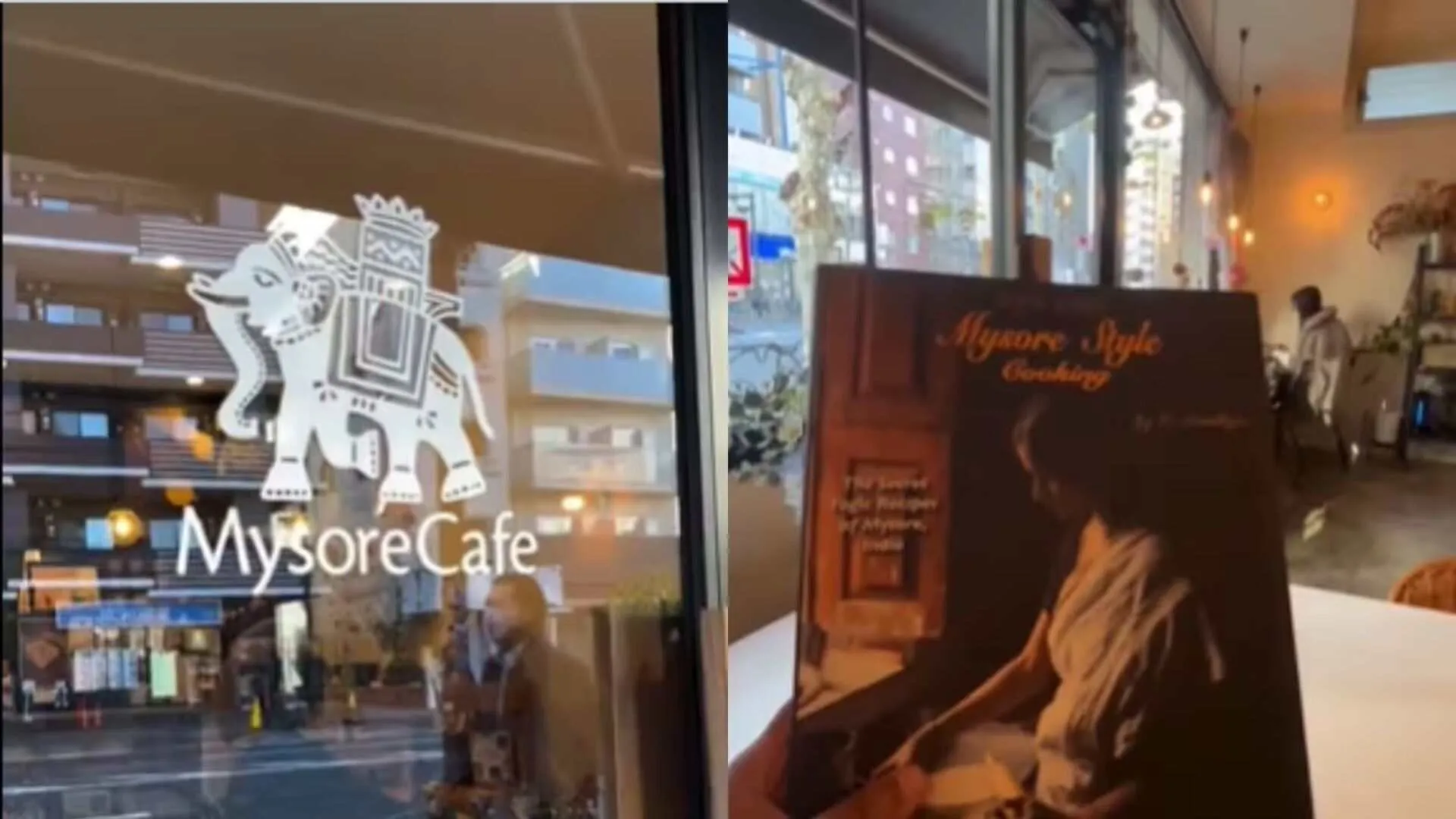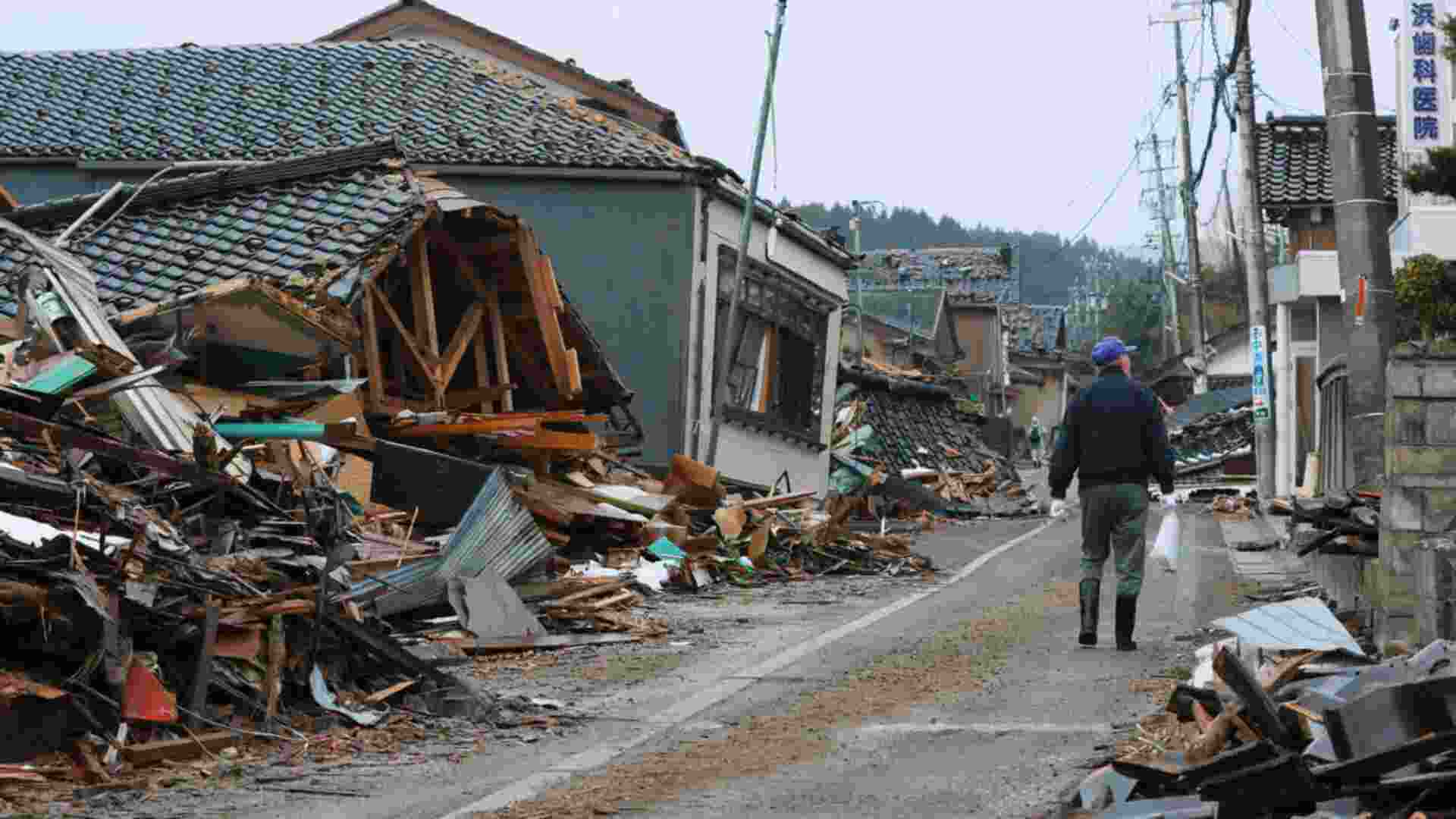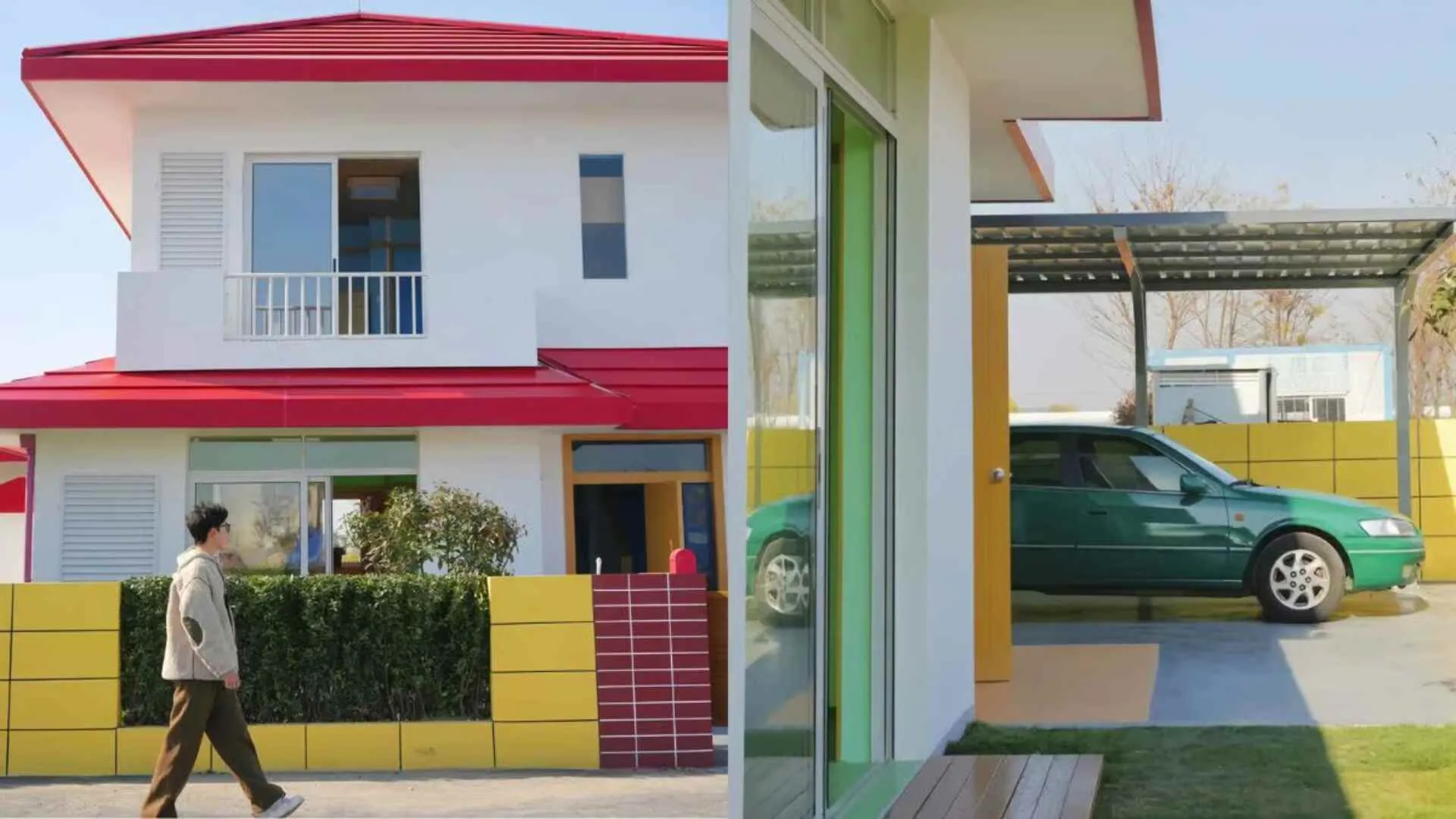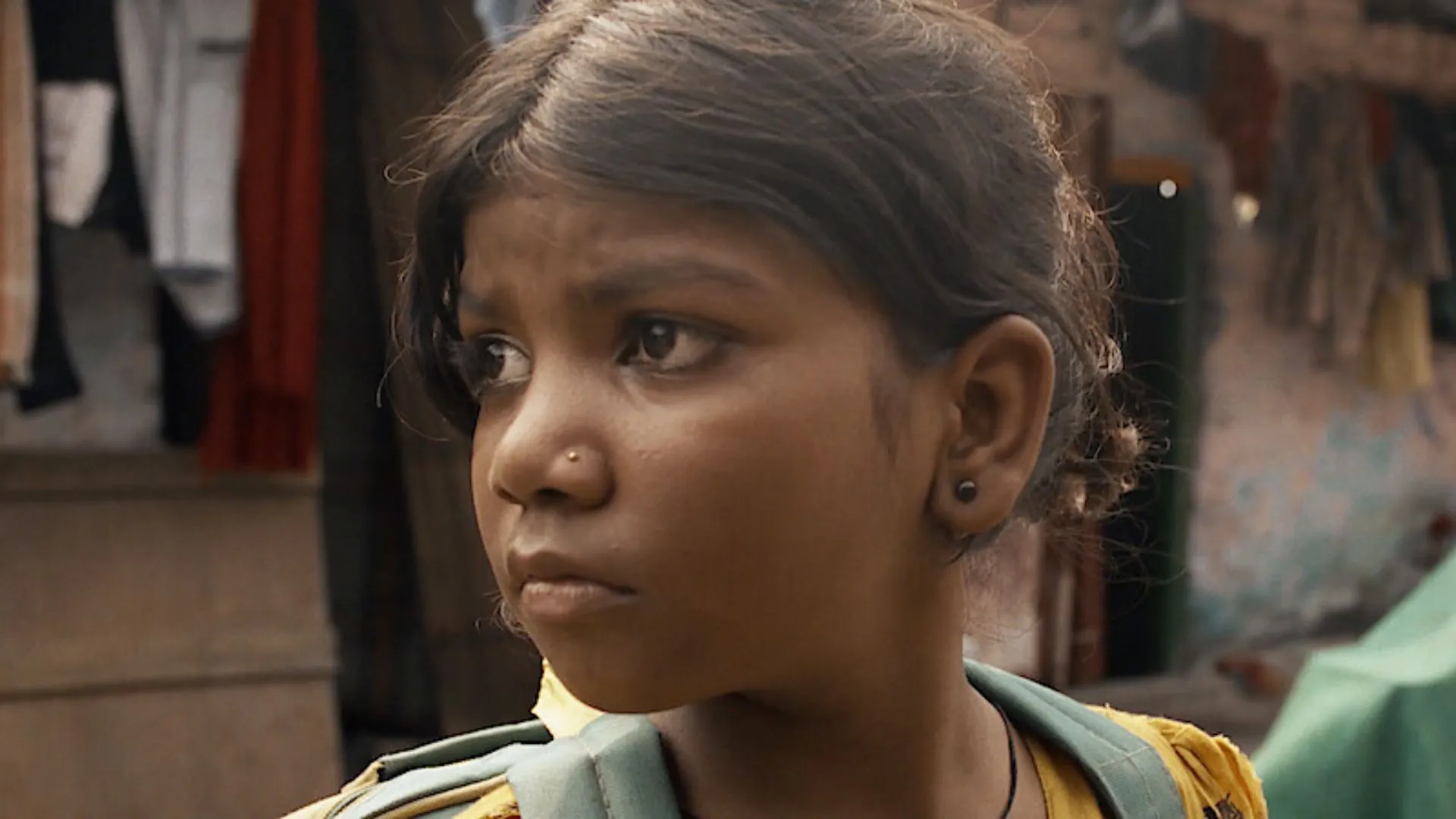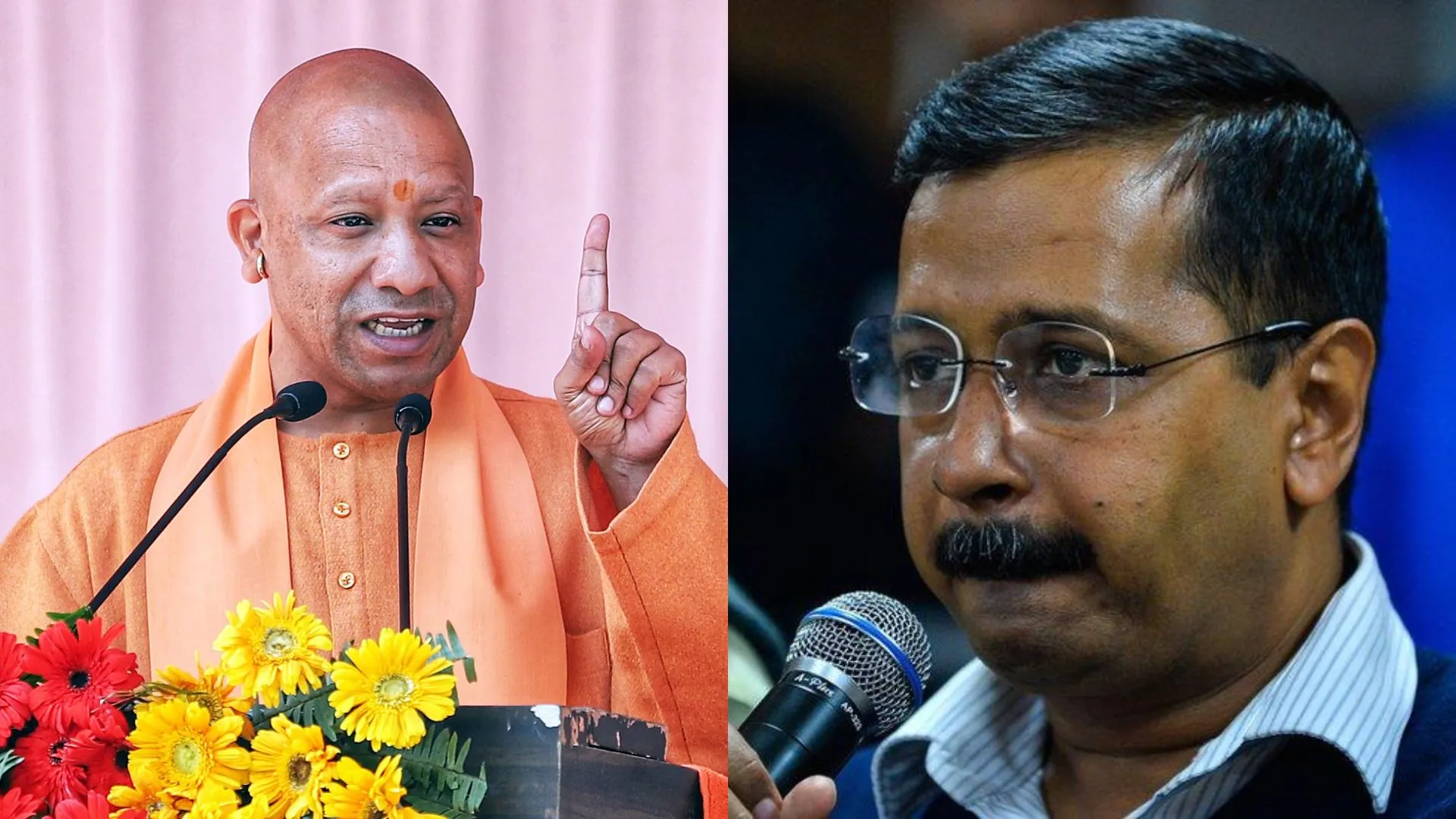Swiss voters cast final ballots on Sunday to choose their next legislature, with polls pointing to a rebound for right-wing populist and Socialist parties, while Greens are expected to lose ground compared to the last such election four years ago. The election of the 200-seat lower house, known as the National Council, and the 46-seat Council of States, the upper house, will set the tone for Swiss policy as the rich Alpine country adapts its self-image as a “neutral” country outside the European Union — but is nearly surrounded by it — and grapples with issues like climate change, rising healthcare costs, and migration.
Final ballots were collected on Sunday morning after the vast majority of Swiss had cast their votes by mail. The vote could indicate how another slice of Europe’s electorate is thinking about right-wing populist politics and the need to spend money and resources to fight global warming at a time of rising inflation that has pinched many pocketbooks — even in well-to-do Switzerland.
The main stakes, if pollsters turn out to be right, are whether two Green parties fare worse than they did in the last election in 2019, and whether the country’s newly created centrist alliance might win more seats in the parliament’s lower house than the free-market party — bolstering their position in the executive branch. The right-wing Swiss People’s Party has the most seats in parliament, with more than one-quarter of seats in the lower house, followed by the Socialists at 39.
A new formation calling itself “The Centre” — born of the fusion in 2021 of centre-right Christian Democrat and “Bourgeois Democrat” parties — is making its debut in a parliamentary vote and could together eclipse the free-market Liberal party as the third-largest party in the lower house. Polls suggest the Swiss have three main preoccupations in mind: rising fees for the obligatory, free market-based health insurance system; climate change, which has eroded Switzerland’s numerous glaciers; and worries about migrants and immigration. Outside a polling station in the quaint Geneva neighborhood of Carouge, Claudine Juillard, a retiree, said she selected a variety of candidates but mostly voted Socialist. “Life is getting more expensive, and it’s not easy,” she said. Marine Chatelenat, a teacher, said she was voting for a mix of Green and Socialist candidates.
“I can understand that when there are other problems, people say to themselves that the planet comes second,” Chatelenat said. “But in fact, I don’t believe it. I believe that if there’s no planet, ultimately, those issues come second. So for me, that’s the priority for these elections.” The parliamentary vote is one of two main ways that Switzerland’s 8.5 million people guide their country. Another is through regular referendums — usually four times a year — on any number of policy decisions, which set guideposts that parliament must follow as it drafts and passes legislation.

